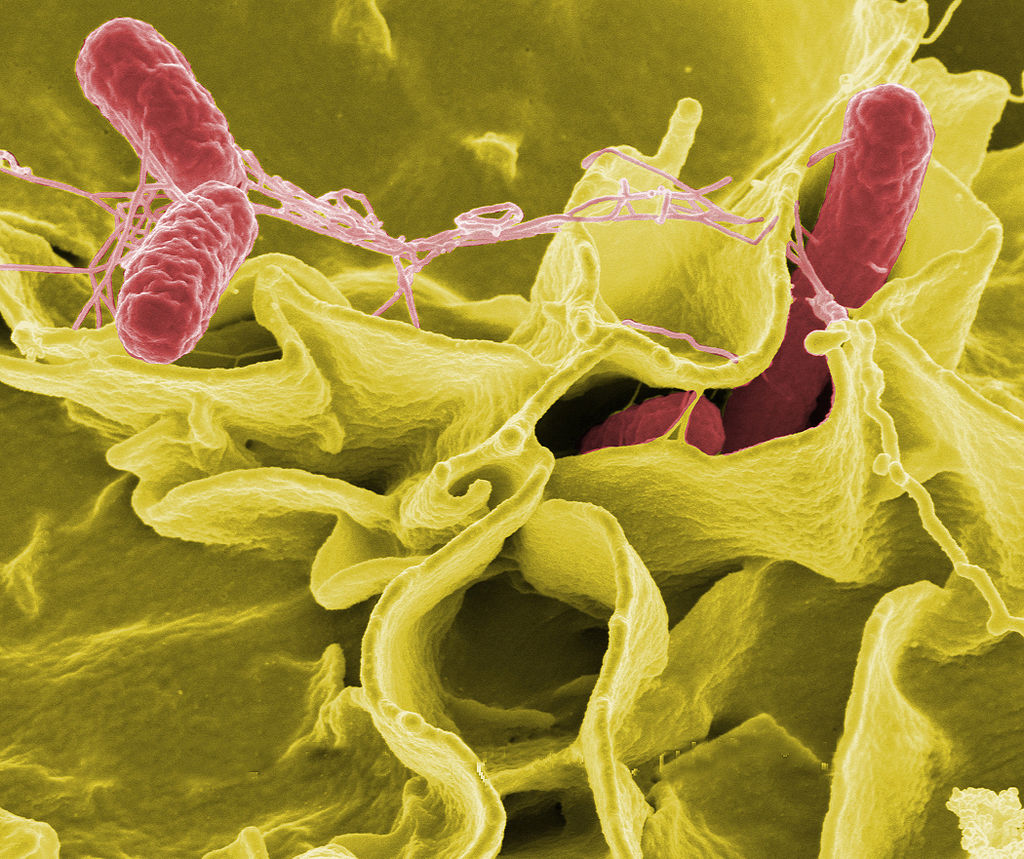CORNWALL, Ontario – A salmonella outbreak in Akwesasne has been confined to just two people so far, though more than a dozen more are being monitored.
The Mohawk Council of Akwesasne’s Department of Health and the Community Health Program confirmed the information Friday.
Community health is continuing its investigation of community members who are symptomatic with possible salmonella. As of Friday Community Health has contacted 50 community members and 11 who have been advised to seek medical attention and further lab testing for salmonella.
A nurse has been assigned to monitor laboratory results this weekend and will contact community members if a result is made available over the weekend.
“We are continuing to advise Mohawk community members to follow strict hand-washing guidelines to prevent the spread and transmission of salmonella,” the Mohawk Council of Akwesasne said in a release. “People who have diarrhea should not work as food handlers, or provide care for children or patients. Children who have diarrhea should not go to childcare. Most infected people may return to work or school when diarrhea stops, and they are symptom-free for 24 hours, provided that they are careful to wash their hands after using the toilet.”
Symptoms of a Salmonella infection usually start six to 72 hours after exposure, with symptoms most commonly appearing 12-36 hours after exposure. Longer incubation periods of up to 16 days have been documented, and may not be uncommon following low-dose exposure.
Symptoms can include abdominal cramps, fever, headache and chills, as well as nausea, vomiting and diarrhea.
Salmonella symptoms can plague a body for as long as a week.
In healthy people, salmonella often clears up without treatment. In some cases severe illness and hospitalization may occur.
Salmonella live in the intestinal tracts of humans and other animals, including birds. Humans are usually infected by eating foods contaminated with animal feces. Contaminated foods are often of animal origin, such as beef, poultry, milk or eggs, but any food, including fruits and vegetables, may become contaminated.
The Mohawk Council of Akwesasne’s Community Health Nurses can be reached at 613-575-2341 Ext. 3220.



